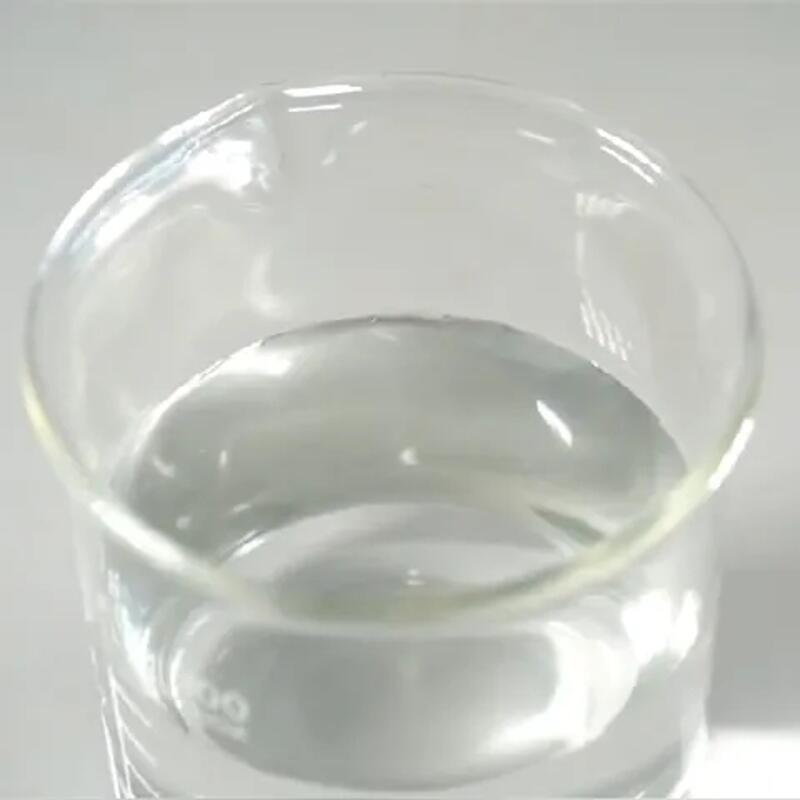-
Categories
-
Pharmaceutical Intermediates
-
Active Pharmaceutical Ingredients
-
Food Additives
- Industrial Coatings
- Agrochemicals
- Dyes and Pigments
- Surfactant
- Flavors and Fragrances
- Chemical Reagents
- Catalyst and Auxiliary
- Natural Products
- Inorganic Chemistry
-
Organic Chemistry
-
Biochemical Engineering
- Analytical Chemistry
-
Cosmetic Ingredient
- Water Treatment Chemical
-
Pharmaceutical Intermediates
Promotion
ECHEMI Mall
Wholesale
Weekly Price
Exhibition
News
-
Trade Service
Neuropathic pain is pain caused by injury or illness affecting the body's sensory nervous system, affecting millions of people and with devastating consequences for their health.
available treatments are limited, and the underlying mechanisms for controlling the spread of the disease are unclear.
August 14, 2020, Letizia Marvaldi et al. published a research paper on Science Online entitled "Importin alpha3 regulates chronic pain pathways in peripheral sensory neurons", which found that importin alpha3 ( also known as karyopherin subi alpha4) can control the painful response of sensory neurons around mice.
the Importin alpha3 gene knock-off or sensory neuron-specific knock-down in mice reduced the response to various harmful stimuli and increased tolerance to nerve pain.
the inhibition of c-Fos or c-Jun in sensory neurons can reduce nerve pain.
drug screening found drugs that mimic impportin alpha3 deficiency.
these drugs reduce nerve pain and reduce c-Fos nuclear positioning.
, interference with c-Fos nuclear input through importin alpha3 in surrounding neurons can promote analgesic effects.
, opioids are the most commonly used painkillers and have multiple risks of tolerance and dependence that can lead to considerable abuse.
of current drug development targets in the field of pain are ion channels and neurotransmitter subjects located in the mass membrane and synapses.
Importin alpha3 provides another target for molecular identity and subcellular positioning, providing opportunities for future analgesia development.
, Muhammad Saad Yousuf et al. published a review article in Science entitled "The Importins of Pain", which systematically inventoryed the results of the study.
neuropathic pain is pain caused by injury or illness affecting the body's sensory nervous system, affecting millions of people and with devastating consequences for their health.
available treatments are limited, and the underlying mechanisms for controlling the spread of the disease are unclear.
the Importin alpha subs family is essential for the nucleation of the nucleocytes and is involved in cytosteal transport such as neurons.
, despite the specific overlap of Impin, difference expression spectrums and different cargo affinity can still adjust specific functions through a single Impin.
study, the researchers found that importin alpha3, also known as karyopherin sub-base alpha4, controls the painful response of sensory neurons around mice.
the Importin alpha3 gene knock-off or sensory neuron-specific knock-down in mice reduced the response to various harmful stimuli and increased tolerance to nerve pain.
the inhibition of c-Fos or c-Jun in sensory neurons can reduce nerve pain.
drug screening found drugs that mimic impportin alpha3 deficiency.
these drugs reduce nerve pain and reduce c-Fos nuclear positioning.
, interference with c-Fos nuclear input through importin alpha3 in surrounding neurons can promote analgesic effects.
in short.
the study showed that interfering with c-Fos nuclear input through importin alpha3 in sensory neurons reduced sensitivity to harmful stimuli and provided analgesic effects in particular during the maintenance phase of nerve pain.
Direct c-Fos inhibition is effective in both the early and maintenance stages of neuropathic pain, suggesting that other ways of c-Fos nuclear input or other transcription factors may control early pain responses, while importin alpha3 play a key role in later chronic pain.
study found that peripheral sensory neurons are the source of the effects of importin alpha3 on persistent neuropathic pain.
between DRGs in mice and people, the expression spectrum and levels of importin alpha3 and c-Fos are conservative, and a recent study reported a significant increase in the AP1 family gene in DRGs in patients with neuropathic pain, highlighting the potential of Impin alpha3 as an analgesic.
chronic pain is currently one of the most common unsealed medical needs due to the limited pain-relief effects of existing drugs and adverse side effects.
addition, opioids are the most commonly used painkillers, with multiple risks of tolerance and dependence that can lead to considerable abuse.
of current drug development targets in the field of pain are ion channels and neurotransmitter subjects located in the mass membrane and synapses.
Importin alpha3 provides another target for molecular identity and subcellular positioning, providing opportunities for future analgesia development.
.







